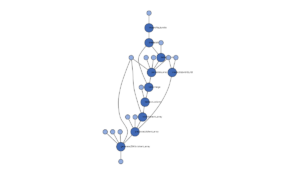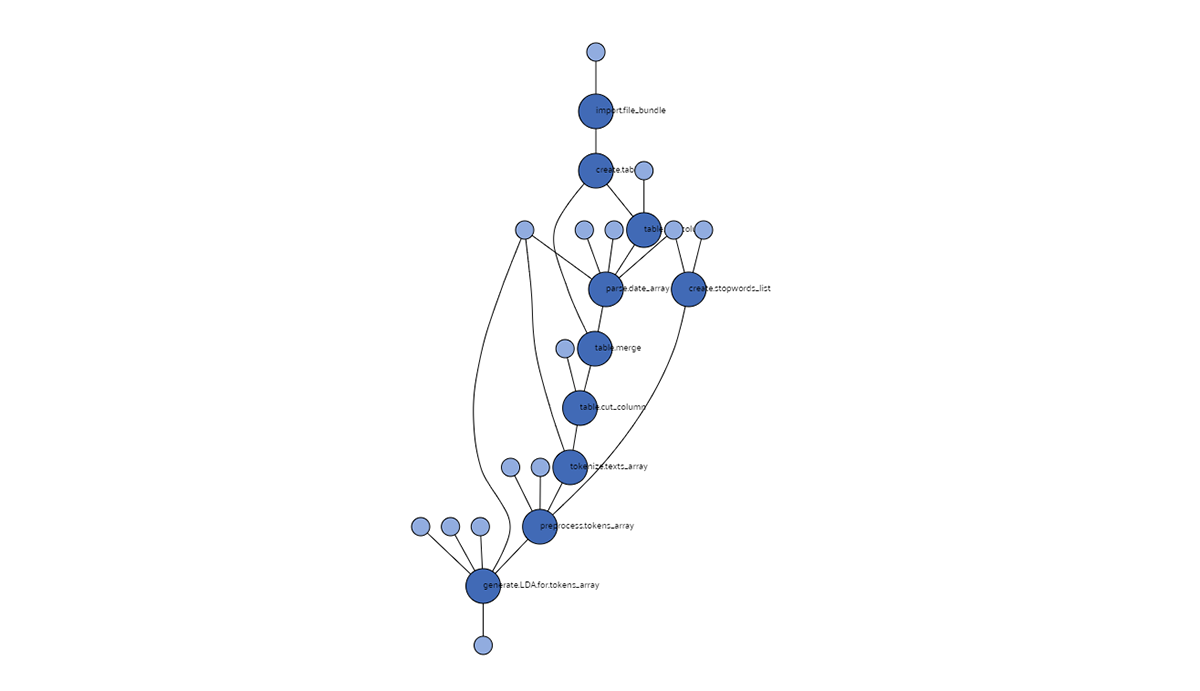The project at a glance
-
Start date:01 Oct 2019
-
Duration in months:59
-
Funding:FNR Luxembourg
-
Principal Investigator(s):Sean Takats
Organisation and Partners
- Department of Social Sciences
- Digital History & Historiography
- Luxembourg Centre for Contemporary and Digital History (C2DH)
Project team
-
Sean Takats
-
Helena Jaskov
-
Mariella de Crouy Chanel
-
Luca Federico Cerra
-
Eliane Schmid
-
Caitlin Burge
-
Sandra SABELUS-SHEEHAN
Keywords
- dharpa
- software
- blackbox
- digital history
- digital humanities
- data
- data orchestration

